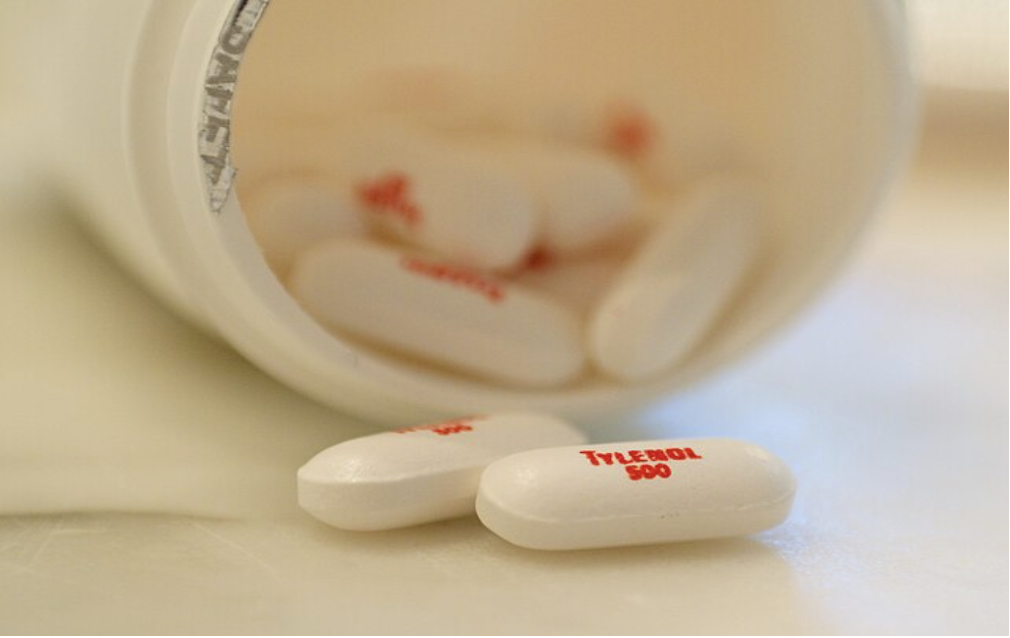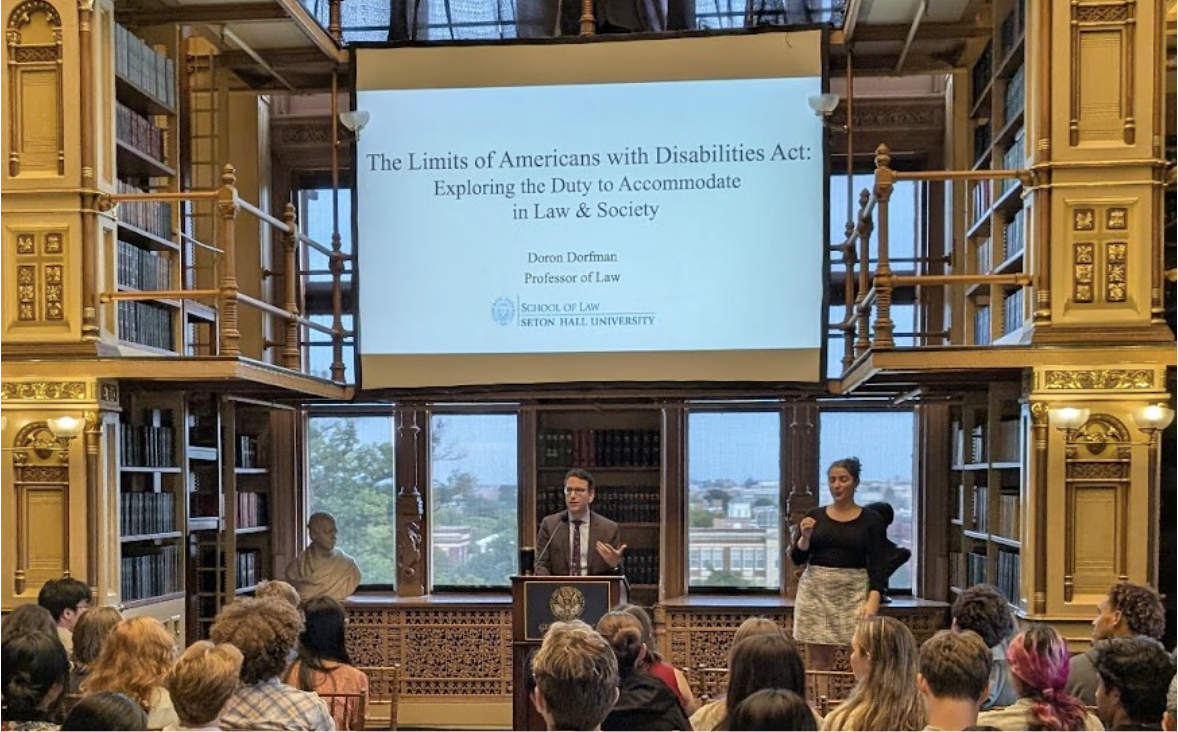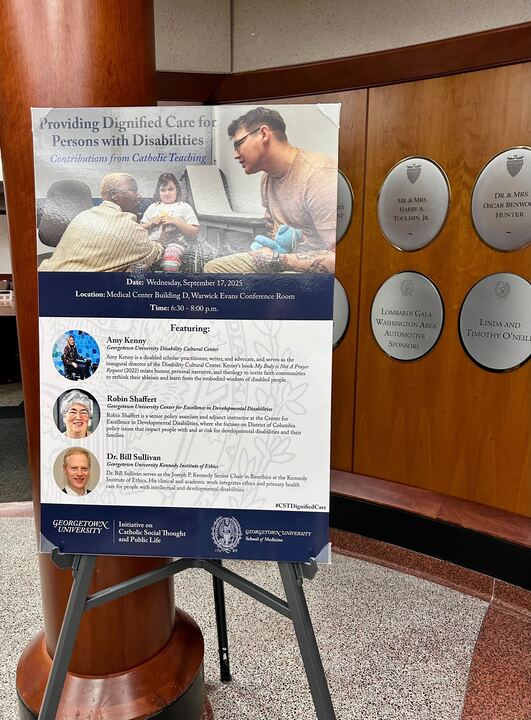What do autism-causing Tylenol, the war against processed foods and vaccine mandate cuts all have in common? These headlines are leading the crusade against science and cultivating a credibility crisis caused by the Make America Healthy Again (MAHA) movement.
MAHA is a movement led by Health and Human Services Secretary Robert F. Kennedy Jr. aiming to reform America’s food, health and scientific systems. In September, the Trump administration unveiled a report detailing a comprehensive plan to enhance children’s health and address the growing prevalence of chronic diseases through executive actions and policy reforms. Kennedy described the surge in childhood chronic illness as an existential crisis and called the report’s 128 recommendations “historic and unprecedented.” Though much of the report is factually correct, including statements on the growing diabetes rates and excess sugar and fat in some processed foods, the report includes multiple instances of misinformation.
Scientific discourse has become increasingly politicized, and the MAHA movement exemplifies the dangers of politicizing health, especially health misinformation. Health misinformation refers to false or misleading medical information, which is commonly shared online or through social media. Health misinformation also encompasses health disinformation, which is a specific type of misinformation intentionally designed to deceive people by spreading inaccurate or distorted facts. Both are present within the MAHA movement.
In a Sept. 22 White House Press Conference, President Trump and several officials announced that the Food and Drug Administration would revise drug labeling to caution against Tylenol use during pregnancy, citing a possible connection between the widely used painkiller and autism. This claim is a miscontrusion of scientific data; the study cited does not claim the relationship between Tylenol and autism is causal. Applying a causal classification to a relationship not empirically determined to be causal creates a ripple effect of misinformation, possibly affecting the well-being and health of millions across the country.
Similarly, MAHA has been deeply engaged in a battle against processed foods, from seed oils to pasteurized milk. Food processing has long been viewed as a technological advancement that improves the flavor, nutritional quality, shelf life, portability and safety of essential foods, such as olive oil, preserved fruit and some types of cheese, among others. Kennedy claims seed oils “poison” consumers and has advocated “raw,” or unpasteurized, milk in contradiction to federal health standards. In contrast to Kennedy’s claims, researchers at the Johns Hopkins Bloomberg School of Public Health found that seed oils are not necessarily dangerous to consume and may even have some benefits. Pasteurizing milk is a process long utilized to kill harmful bacteria while retaining milk’s nutritional benefits and is recommended by numerous federal agencies, including the Centers for Disease Control (CDC).
Vaccine mandate debates have also been subject to misinformation. On Aug. 8, a gunman attacked the CDC’s Atlanta campus, killing a police officer and himself in a shooting motivated by anger over the COVID-19 vaccine, prompting former CDC Director Susan Monarez to warn staff that misinformation has resulted in deadly consequences.
The mass firing of the country’s vaccine advisory panel, the spread of rampant misinformation regarding vaccines and Florida’s removal of youth vaccine mandates have been among the leading actions in MAHA’s crusade against vaccines. As discussed in detail in a previous installment of “The Intersection,” vaccine hesitancy is a key problem for the U.S. health care system, as the system relies on credibility as much as funding. Vaccines have been proven to be safe despite misinformation, with essential vaccines against 14 diseases saving at least 154 million lives. These events underscore how dismantling scientific credibility and fueling vaccine misinformation not only endangers public health but also threatens the trust that underpins an effective health care system.
To confront the very tide of falsehoods movements like MAHA embody, experts recommend a multi-pronged approach, one that emphasizes transparency, clear communication and empowering individuals with tools to distinguish fact from fiction. By leveraging evidence-based journalism, encouraging “prebunking” — the practice of forewarning audiences about misleading techniques — and promoting media literacy across all demographics, the credibility crisis can be met with resilience, and the public can begin to reclaim trust in health, science and institutions.





